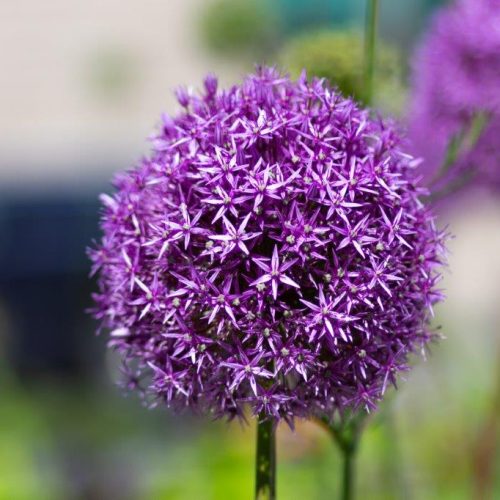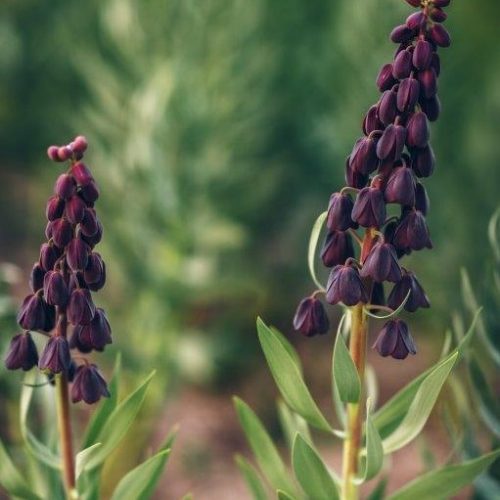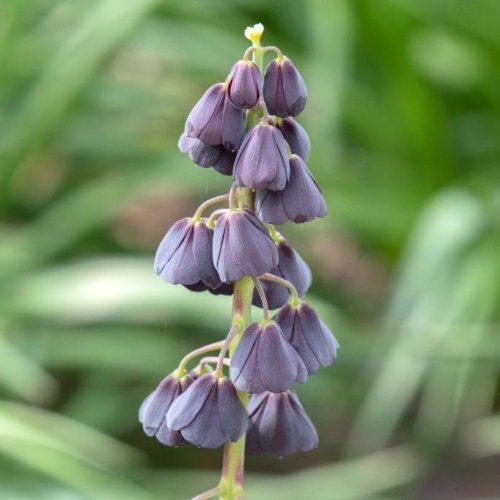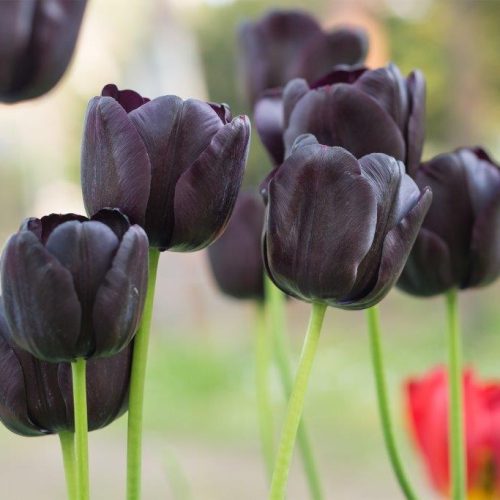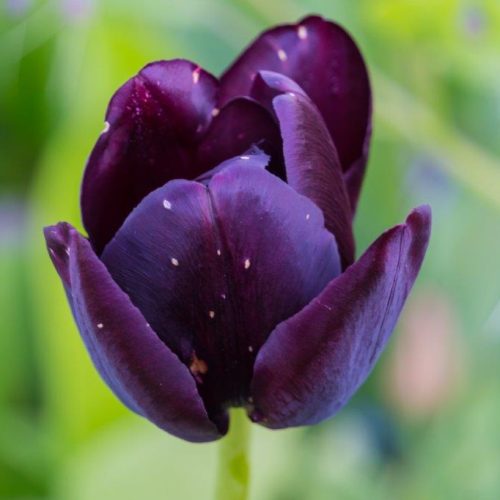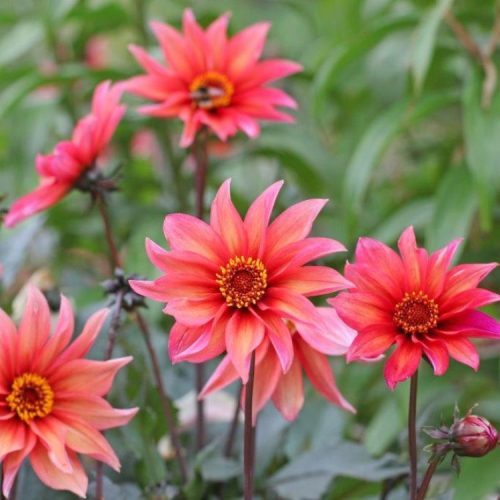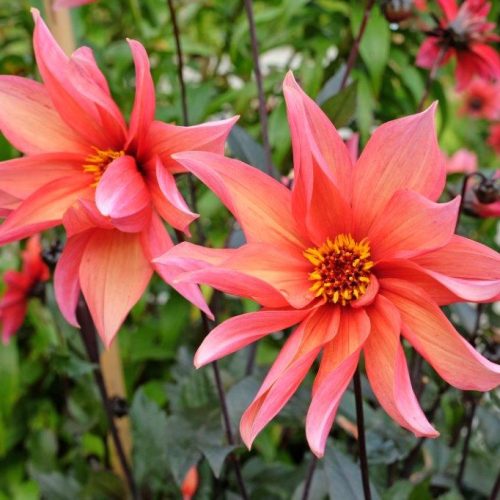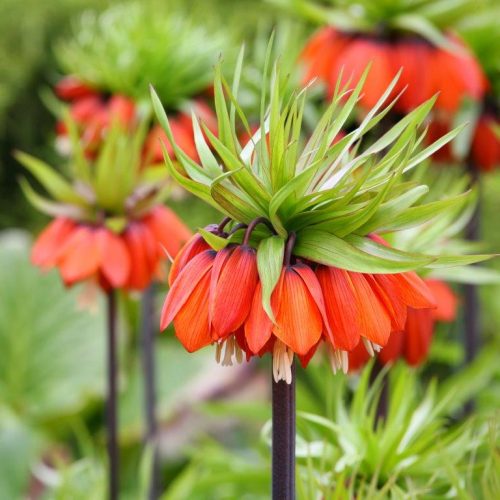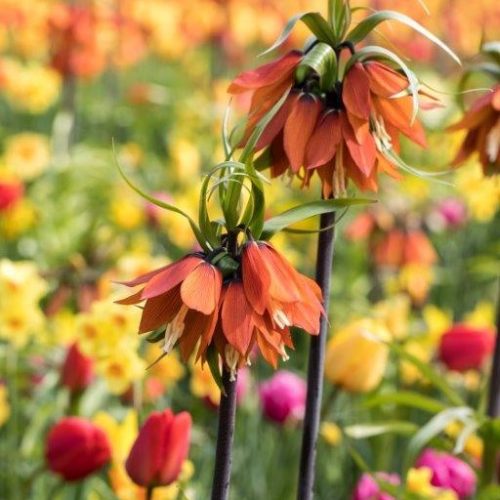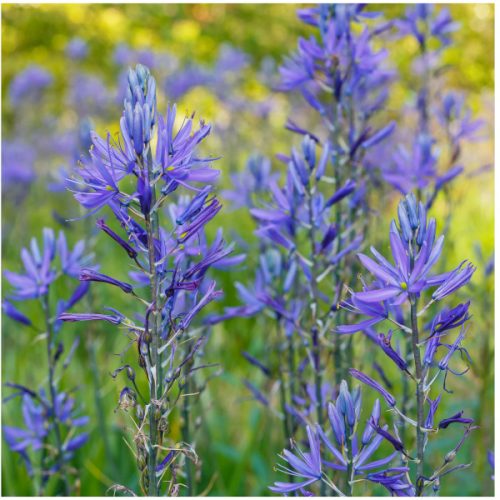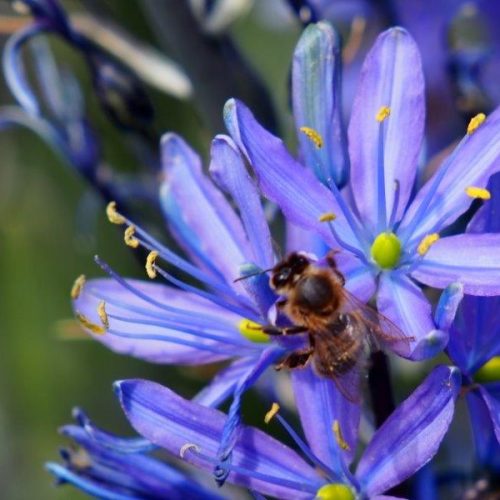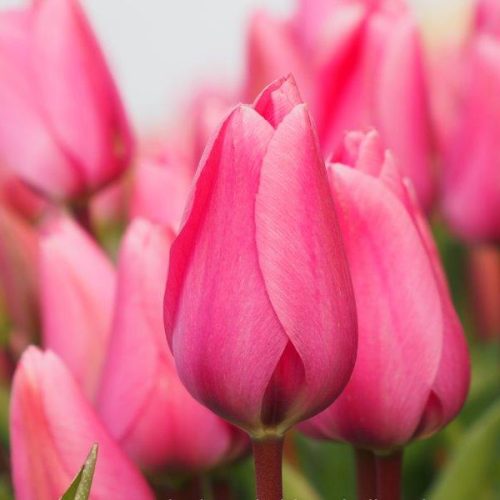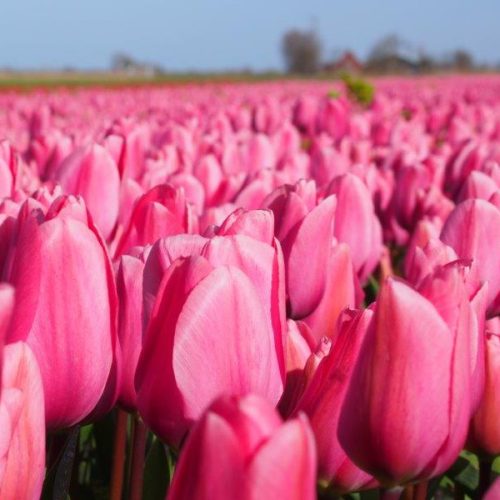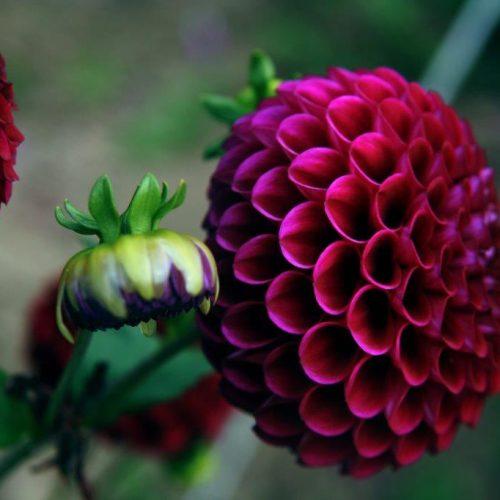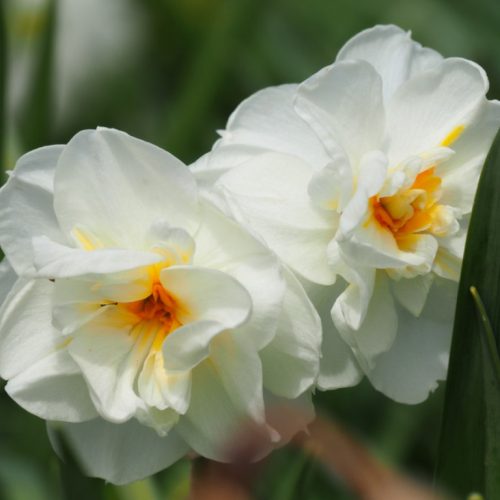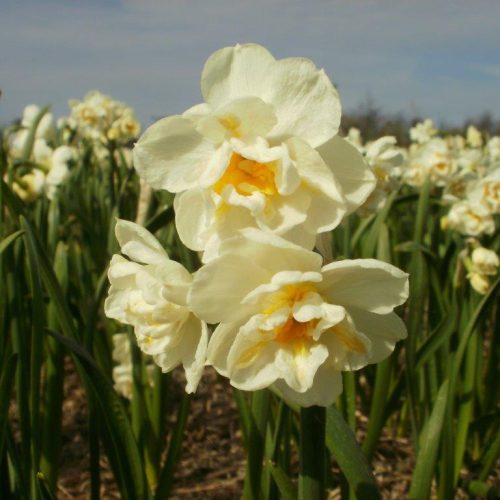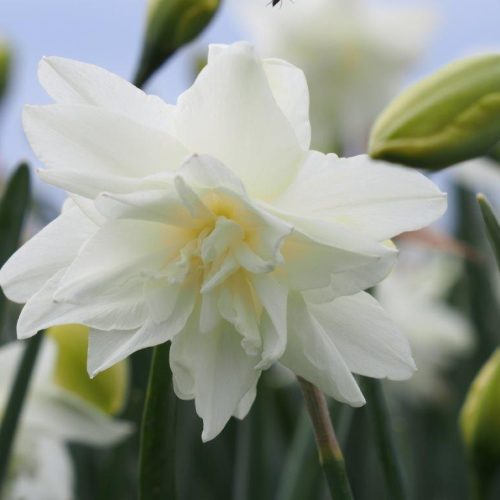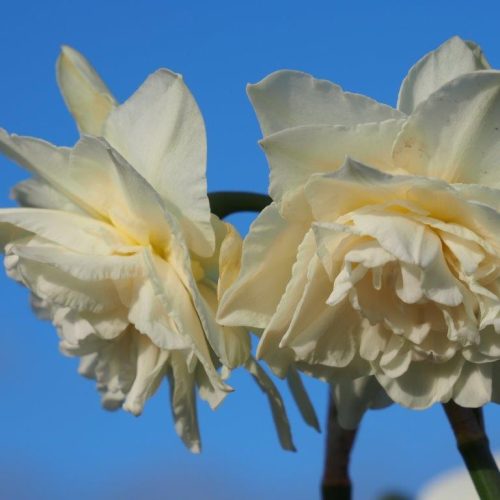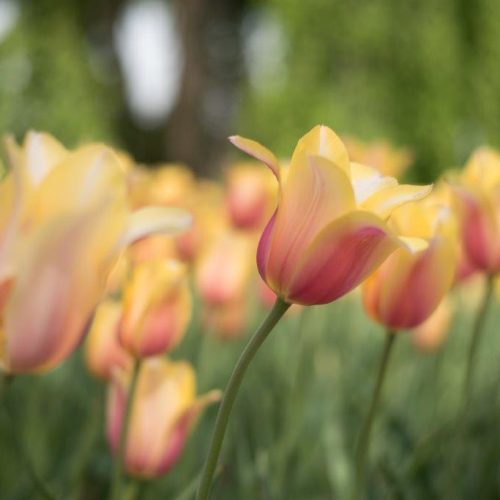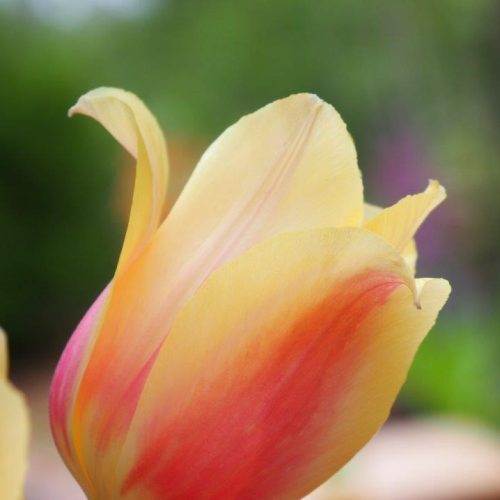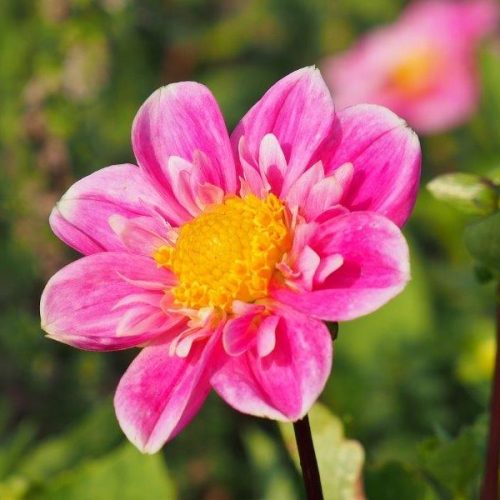Shop by bulb type
The supply of nutrient-rich bulbs varies from species to species. Some are grown for decorative purposes, while others are bred to provide edible flowers. What is common to all is that they require proper nutrients to grow and bloom. Seeds, seedlings, or houseplants are used to proliferate bulbs. Most flower bulbs overwinter before planting in spring, depending on the species.
Showing 1–12 of 111 results
-
Organic Bulbs for Cutting, Organic Dahlias, Summer Flower Bulbs
Original price was: £4,50.£2,25Current price is: £2,25. Read more -
Organic Bulbs for Cutting, Organic Dahlias, Summer Flower Bulbs
Original price was: £4,50.£2,25Current price is: £2,25. Read more -
Organic Bulbs for Cutting, Organic Dahlias, Summer Flower Bulbs
Original price was: £4,50.£2,25Current price is: £2,25. Add to cart
Showing 1–12 of 111 results
Flower bulbs are cultivated in greenhouses or nurseries. Most bulb crops need a period of dormancy so that the nutrients are stored in the plant.
They shouldn’t be planted outside until the risk of frost has passed. These plants prefer healthy, well-drained soil.
Allums, pollinators, flowers, and spring blooms are among the organic garden bulbs available from us. Some are designed for shade; others benefit from sunny gardens.
Others can be used for decorative purposes in entryways or as garden ornaments. No matter what your needs are, we have something that will meet them.
Organic bulbs are bulbs grown without the use of fertilisers and pesticides. They’re known as “sustainable bulbs” since they require less work to grow than traditional bulbs and are often used in landscaping or other public areas.
There are several benefits to choosing organic bulbs instead of their non-organic counterparts. For one thing, they are typically less expensive because they are grown without the use of pesticides, fertilisers, or artificial lighting.
Another advantage is that they are far more fragrant than their non-organic counterparts because they are grown without chemicals that inhibit essential oil production. And last but not least, there’s no risk of these bulbs being contaminated with pesticides that may harm wildlife or human health.

